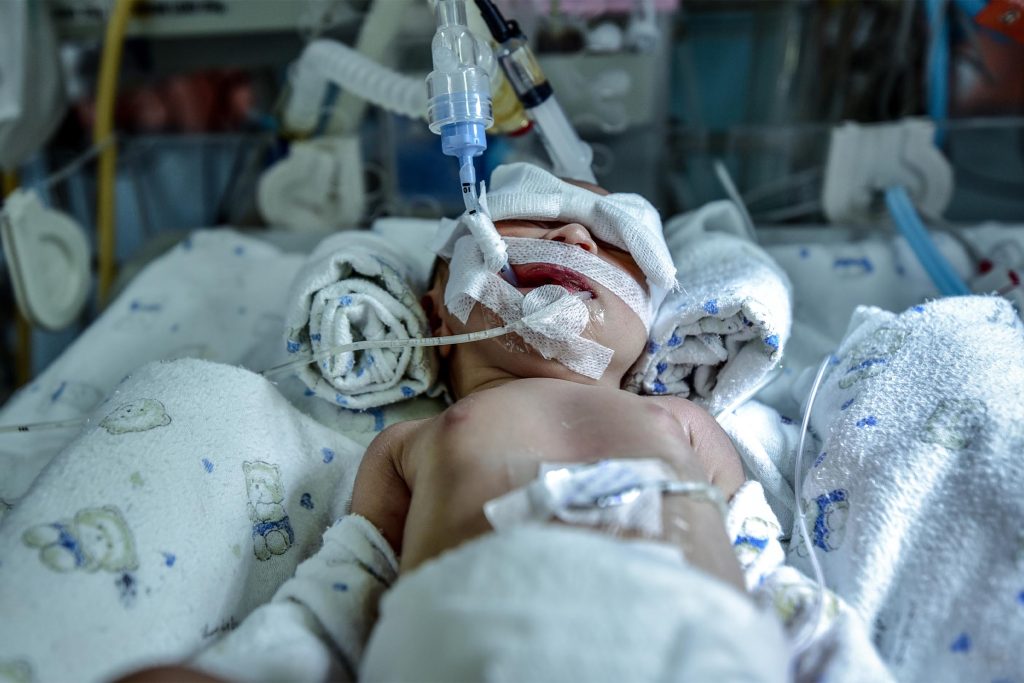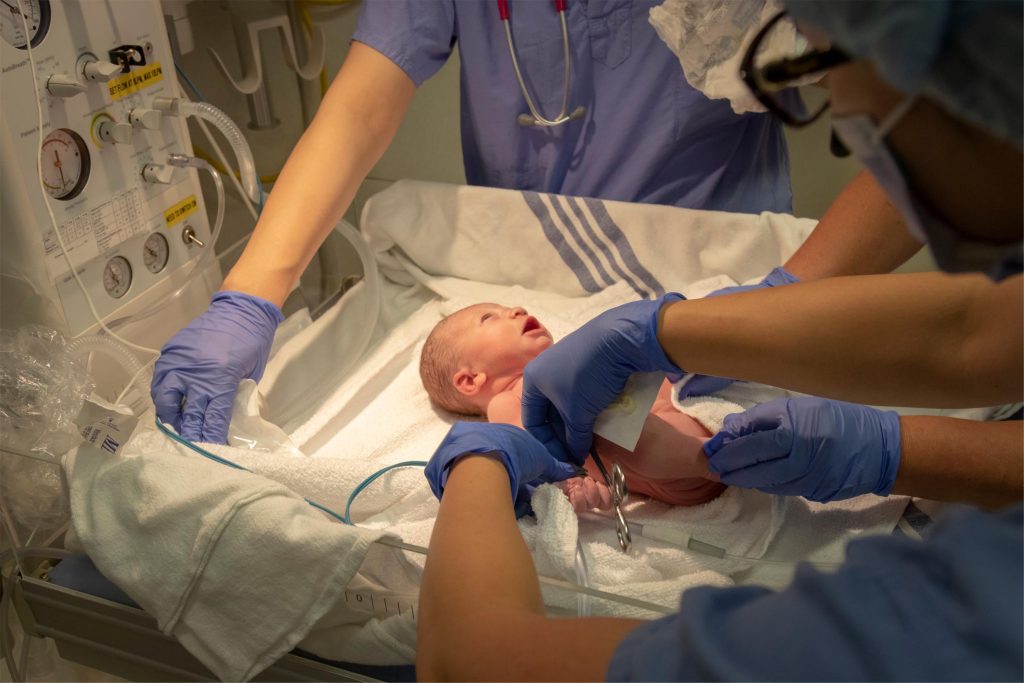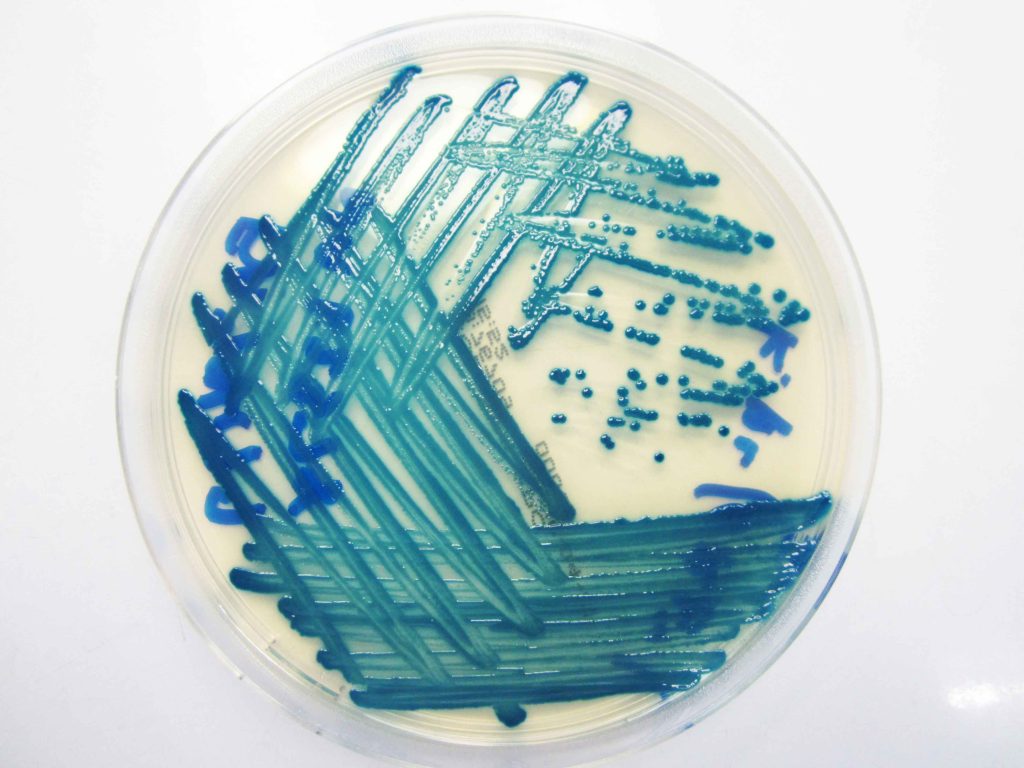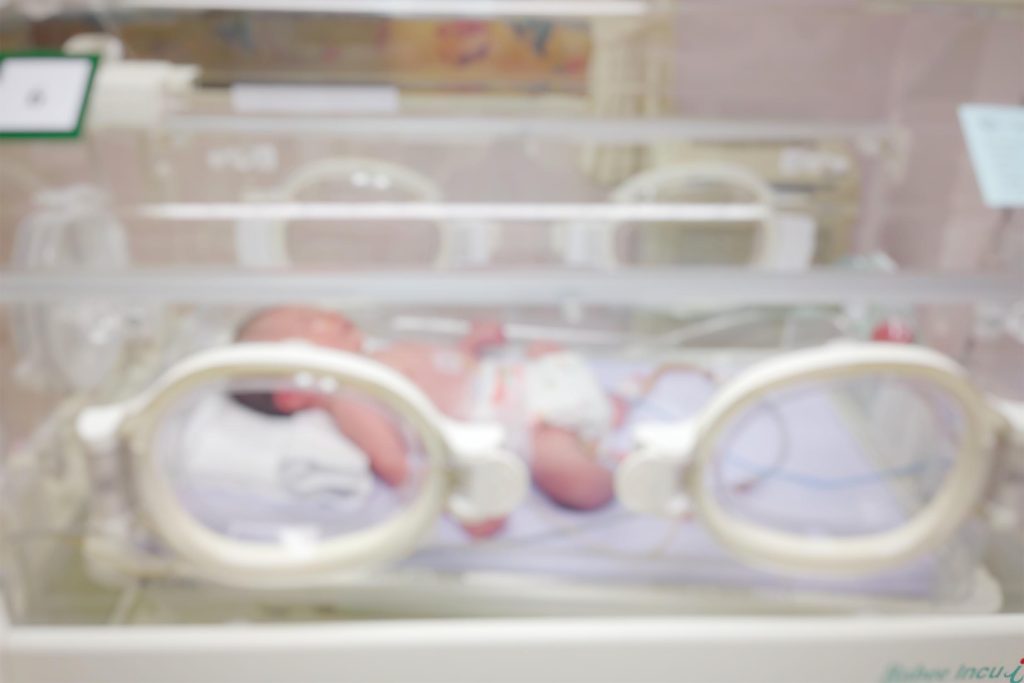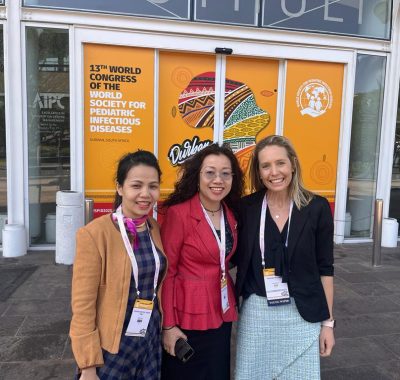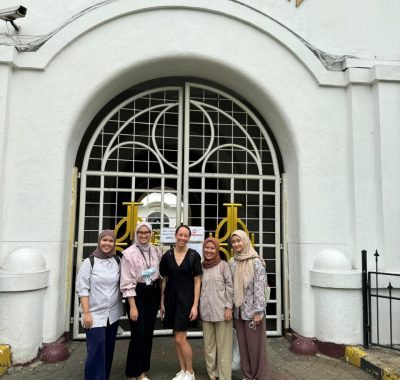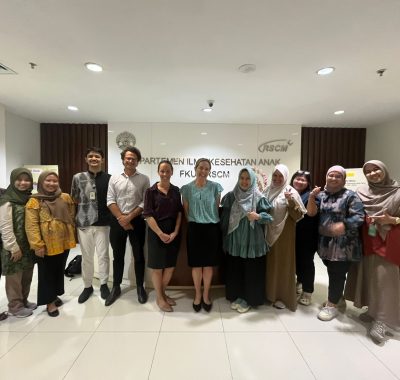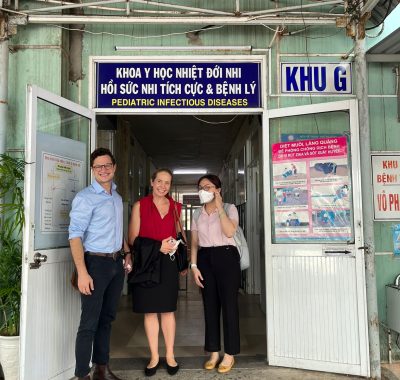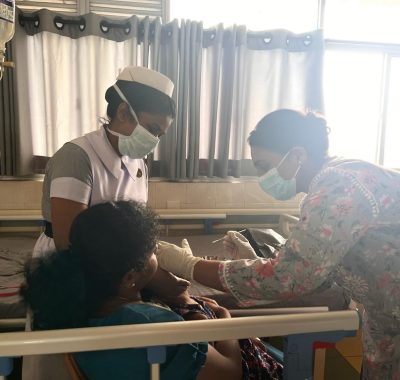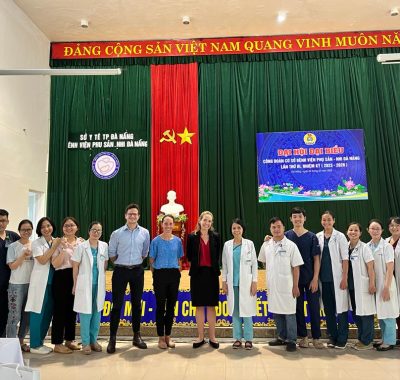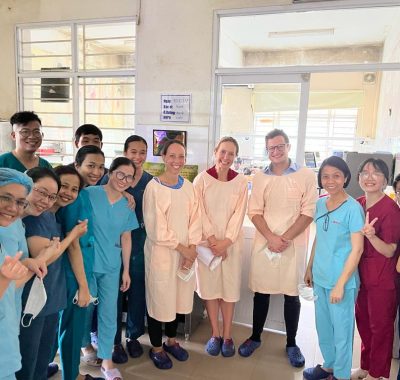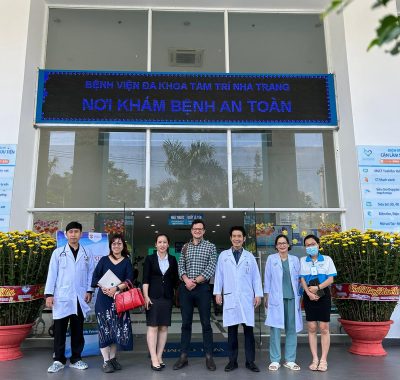Tackling Antimicrobial Resistance in Neonatal Sepsis in Australia and Beyond
The Neonatal Sepsis in Southeast Asia and the Pacific (NeoSEAP) collaboration encompasses clinical researchers focused on reducing the burden of neonatal infections and antimicrobial resistance (AMR) across the region.
Why is this important?
We are dedicated to reducing the impact of preventable and treatable infectious diseases on children, particularly newborn babies (neonates).
Globally, almost 2.5 million babies die every year, and at least a quarter of these deaths are directly due to infections. Increasingly, this burden is rising as antimicrobial resistance (AMR) leaves few effective antibiotics available to effectively treat neonatal infections.
Babies are particularly vulnerable to the rising threat of AMR, due to their immature immune systems. This risk is even higher in small preterm babies, who often require prolonged hospital stays where they have a high risk of contracting infections.
Our team is working to improve the surveillance data available to quantify the burden of AMR in high-burden countries in the Asia-Pacific region, to identify pathways of AMR transmission (between mothers, babies, and the hospital environment), and to find effective interventions that can reduce the mortality and morbidity currently caused by infections in babies and children worldwide.
We work with teams across Australasia, Southeast Asia, the UK and South Africa to enable an enhanced global understanding of the drivers of antimicrobial resistant infections in babies, alongside policymakers and antibiotic development researchers, to ensure our research is translated to quickly improve clinical outcomes for babies and children.

Meet Our Team
Our collaborative team includes Investigators and Clinicians from 10 countries worldwide.
OUR PROJECTS
Explore our platform to discover our impactful projects and research initiatives in Southeast Asia.
The NeoSEAP study
The NeoSEAP collaboration was launched in 2021 with the support of the NHMRC. The initial aim was to improve the data available to understand the burden of antibiotic resistance in neonatal infections within our region. During COVID-19, despite the limitations of travel restrictions, our team conducted a detailed study to enable an epidemiological snapshot that described the burden of AMR, antibiotic prescribing practices and infection, prevention and control resources available within our region, which has launched further studies that aim to address these key findings.
NeoSEAP_PS
A prospective observational study to establish granular data to understand the causes of neonatal sepsis in Southeast Asia and the Pacific, the prevalence of antimicrobial resistance, and the clinical risk factors and outcomes for babies with severe infections.
NeoCOL
The NeoCOL cohort study aims to evaluate the timing and acquisition of multidrug-resistant bacteria between the community, mothers, babies and hospital settings in high-burden AMR countries.
ACORN
A Clinically Oriented Antimicrobial Resistance Network (ACORN). ACORN is a prospective active surveillance project linking clinical data to microbiological data to better understand patterns of Antimicrobial Resistance.
